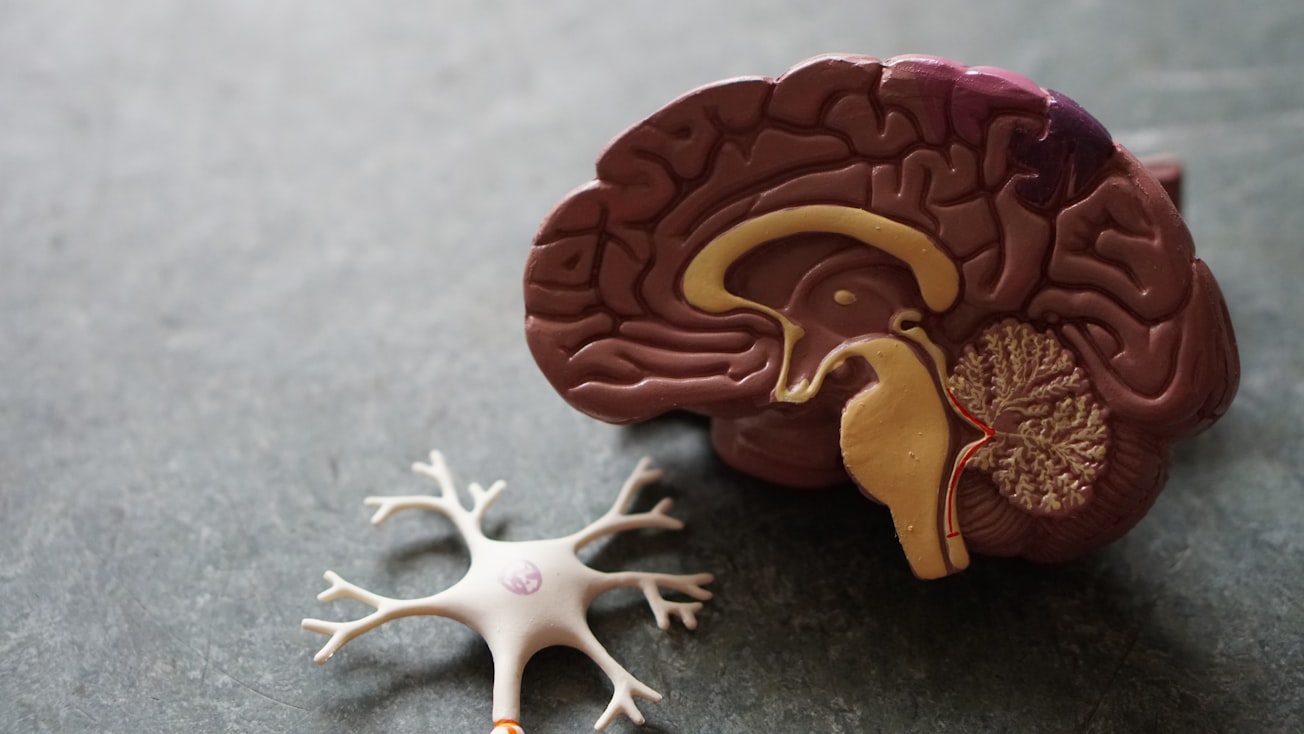What is it about?
Ion pumps are essential for several functions in the body. We have shown that a specific pump subtype (ATP1A3), when mutated, can result in brain malformations in children, and this pump is expressed in specific cell types in the developing human brain.
Featured Image

Photo by Robina Weermeijer on Unsplash
Why is it important?
Our findings expand the genes identified as "Developmental Channelopathies", as well as the clinical spectrum associated with ATP1A3-related diseases to include brain malformations. Additionally, in conducting this study, we learned of a new gene that supports bioelectric processes that contribute to folding of the human brain. For more reading, see https://doi.org/10.1016/j.tins.2019.12.004
Perspectives
Beyond the clinical and therapeutic implications for patients, we also hope the readers appreciate that for each gene we discover involved in brain developmental diseases, we are one step closer to understanding the necessary components for forming our uniquely "human" brain. Importantly, without patients who participate in this research and donate tissue, these studies would not be possible, so we are grateful to them.
Richard Smith
Harvard University
Read the Original
This page is a summary of: Early role for a Na
+
,K
+
-ATPase (
ATP1A3
) in brain development, Proceedings of the National Academy of Sciences, June 2021, Proceedings of the National Academy of Sciences,
DOI: 10.1073/pnas.2023333118.
You can read the full text:
Resources
Contributors
The following have contributed to this page







